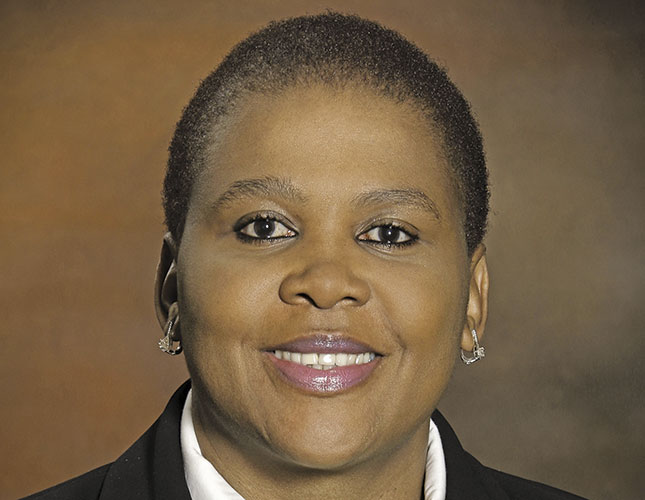
Photo: Office of the Chief Land Claims Commissioner
How did the Land Claims Commission fare in 2015 compared with previous years?
The commission has consistently performed well. Looking at the three previous annual reports, all targets were achieved. Although the commission had a shaky start to the financial year, the organisation has made up ground and is currently poised for delivery on all its targets.
READ:Land Bank’s CEO, TP Nchocho, talks strategy
How many land restitution claims were processed in 2015?
From 1995 to 31 March 2015, the commission had settled more than 80% of the claims lodged prior to the 1998 cut-off date for the lodgement of land claims. For the current financial year, the commission has so far settled 81% of its
annual target – 374 claims against a target of 463 claims to be settled by 31 March 2016.
What is the backlog and how many years will it take to address?
As at the end of the second quarter (30 September 2015), the commission had 7 851 outstanding claims. These are claims outstanding from the lodgement process that closed on 31 December 1998. We are currently putting all our efforts into finalising them. The funds allocated for each financial year determine the progress. We continue to engage
with the Treasury in this regard.
What was the budget for land restitution for this financial year? And was this enough for the commission?
The budget allocated towards the settlement and finalisation of claims for the 2015/2016 financial year is R2,6 billion. This is sufficient to reach the annual performance plan targets submitted as part of the department’s strategy.
What are the commission’s key priority areas for 2016 and how do you plan to achieve them?
The main focus for the commission for the new financial year is to continue to settle outstanding claims lodged prior to the 31 December 1998 cut-off date and to ensure that we improve our communication with stakeholders. Our focus will also be to continue to receive new claims through our 14 lodgement sites across the country, and the mobile offices.
We are looking at improving efficiency in our processes in order to do business better.
Would you say that government has done enough to expedite the restitution process 21 years later? Is there a political will to wound up the process before the new 2019 deadline kicks in?
More than 80% of the claims lodged prior to 31 December 1998 have been settled to date. The commission will meet its obligation to provide redress for the victims of land dispossession. There is political will to redress the injustices of the past, which is why the process for the lodgement of land claims was re-opened with effect from 1 July 2014, for an additional five-year period. We have learnt some lessons from the previous process and will draw from them.
And what’s likely to happen if the new deadline is not met?
The 30 June 2019 deadline refers to the lodgement of new claims by individuals and communities who were dispossessed of their rights in land as a result of racially discriminatory laws and practices, and who missed the initial deadline of 31 December 1998 to lodge claims. Those who missed the initial deadline have been given an opportunity to lodge their claims with effect from 1 July 2014 until 30 June 2019. In addition to the 14 lodgement sites, mobile lodgement offices are travelling around the country to enable prospective claimants to lodge claims in areas nearer to where they live.
What are your thoughts on organised agriculture’s pleas that claimed land be used for agricultural production?
We believe that we can work with all our stakeholders, including organised agriculture, to ensure that restituted land is used for the benefit of all, including agricultural production. We will continue to engage with organised agriculture and other interested parties.
What are your final thoughts on the entire land restitution process?
Restitution is a mandate given to us by the Constitution, which requires redress for those who were dispossessed of their rights in land as a result of racially discriminatory laws and practices. Therefore, I believe it is a mandate that all South Africans should endorse in order for us to finally move forward. It is a mandate that is perhaps uncomfortable, but necessary for us to heal and move together towards a South Africa that is economically sound for all its people.
Phone Nomfundo Ntloko-Gobodo on 012 312 8883 or email [email protected].
This article was originally published in the 22 January 2016 issue of Farmer’s Weekly.













